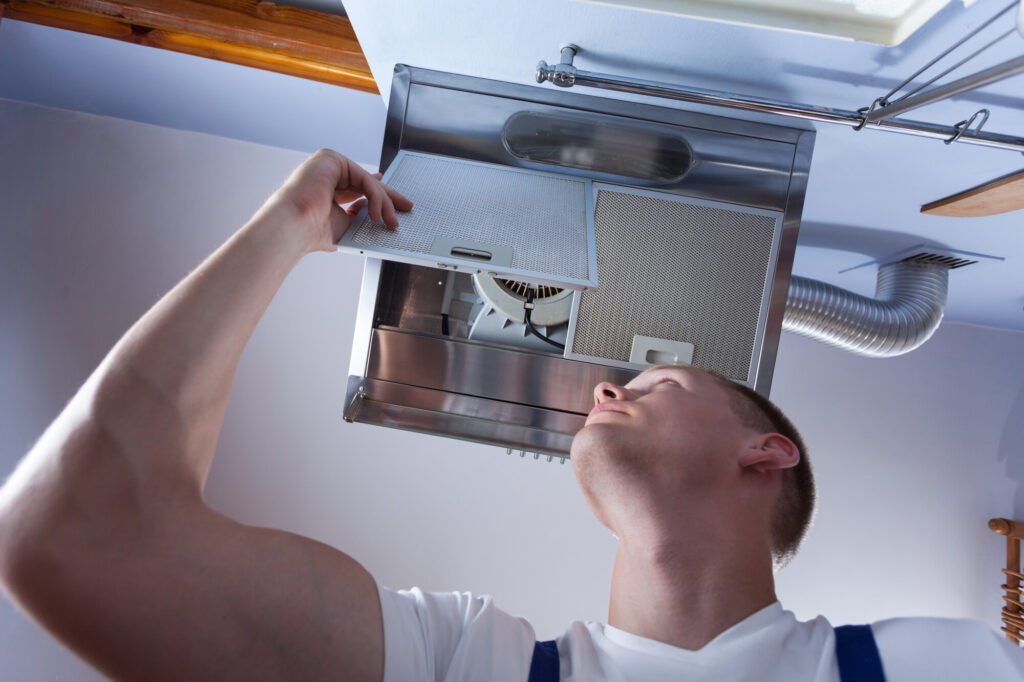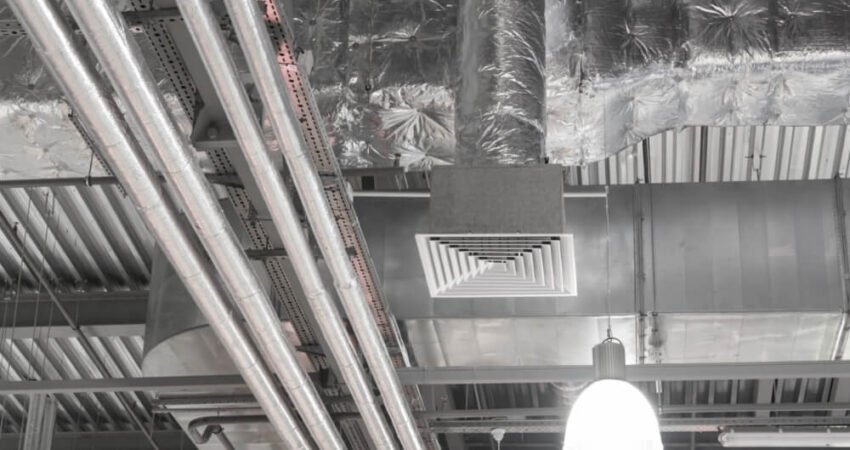Maintaining a clean and comfortable living environment is crucial for our health and well-being. While we often focus on visible surfaces, our home’s hidden passages, the air ducts, also play a significant role in indoor air quality. This article explores the world of air duct cleaning, its benefits, and when it might be necessary.
What are Air Ducts and Why Clean Them?
Imagine the air ducts as the lungs of your home. They are hidden pathways within the walls and ceilings, responsible for distributing heated or cooled air throughout the building. Over time, these hidden pathways can accumulate dust, dirt, allergens, and even mold, potentially affecting indoor air quality and the efficiency of your HVAC system.
Signs You Might Need Air Duct Cleaning:
Several signs indicate the potential need for air duct cleaning:
- Visible dust or debris around air vents: This is a clear indication of contaminants circulating within the ducts.
- Musty odors: This could signify mold growth or stagnant air circulation, suggesting cleaning might be necessary.
- Increased allergy and asthma symptoms: If you or your family experience worsened allergy or asthma symptoms, especially during peak seasons, dirty ducts might be a contributing factor.
- Inefficient heating and cooling systems: A noticeable decline in heating or cooling efficiency, despite regular maintenance, could indicate clogged ducts restricting airflow.

Potential Benefits of Air Duct Cleaning
While the evidence for the effectiveness of air duct cleaning is still under review, several potential benefits exist:
- Improved indoor air quality: By removing dust, dander, and other contaminants, air duct cleaning may lead to cleaner air circulating throughout your home, potentially reducing respiratory issues.
- Reduced allergy and asthma symptoms: Removing airborne allergens like dust and pollen can benefit individuals suffering from allergies and asthma.
- Increased efficiency of heating and cooling systems: Clean ducts allow for better airflow, leading to improved performance and potentially lowering energy costs.
- Potentially extended lifespan of HVAC systems: Removing debris can prevent wear and tear on the system, potentially extending its lifespan.
When Air Duct Cleaning Might Not Be Necessary
It’s important to note that air duct cleaning is not always necessary. Here are some situations where it might not be needed:
- Regularly maintained and inspected HVAC systems: If your HVAC system undergoes regular professional maintenance and inspections, with no signs of problems like visible dust or mold, cleaning might not be necessary.
- Absence of signs: If you haven’t observed any of the signs mentioned earlier, like dust buildup or musty odors, your ducts might not require cleaning at present.
The Air Duct Cleaning Process
If you decide to proceed with air duct cleaning, it’s crucial to choose a qualified and certified professional. Here’s a general overview of the process:
- Pre-inspection: A skilled professional will inspect the ducts to assess their condition, identify potential problems, and determine the appropriate cleaning method.
- Source removal: Large debris or dust sources near the air intake are addressed, for example, by vacuuming around vents and the furnace area.
- Cleaning: Specialized vacuuming tools and agitation methods, like brushes or compressed air, are used to dislodge and remove contaminants from within the ducts.
- Post-inspection: The professional will conduct a final inspection to ensure thorough cleaning and proper system functionality.
Safety Considerations:
Improper cleaning methods or choosing unqualified professionals can be detrimental:
- Spreading contaminants: Using the wrong techniques can spread dust and debris further into your home, potentially worsening air quality.
- Damage to ductwork: Delicate ductwork can be damaged if cleaning is not done by trained professionals with the proper equipment and techniques.
Cost and Frequency:
The cost of air duct cleaning can vary significantly depending on location, system size, and the complexity of the cleaning process. The frequency of cleaning depends on several factors, including occupancy, pets, and the environment. Always consult with a qualified HVAC professional to determine the cost and recommended cleaning schedule for your specific situation.
Conclusion:
duct cleaning can be a valuable tool in maintaining a healthy and comfortable living environment, but it’s not always necessary. Weigh the potential benefits against the cost and potential risks before deciding. By understanding the signs, benefits, and considerations, you can make an informed decision about whether air duct cleaning is right for you. Remember, consult with a trusted and certified HVAC professional for personalized advice and recommendations.
